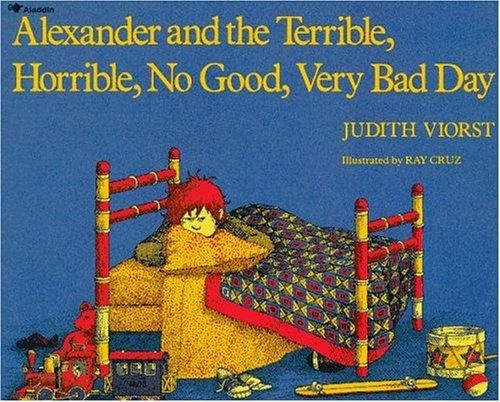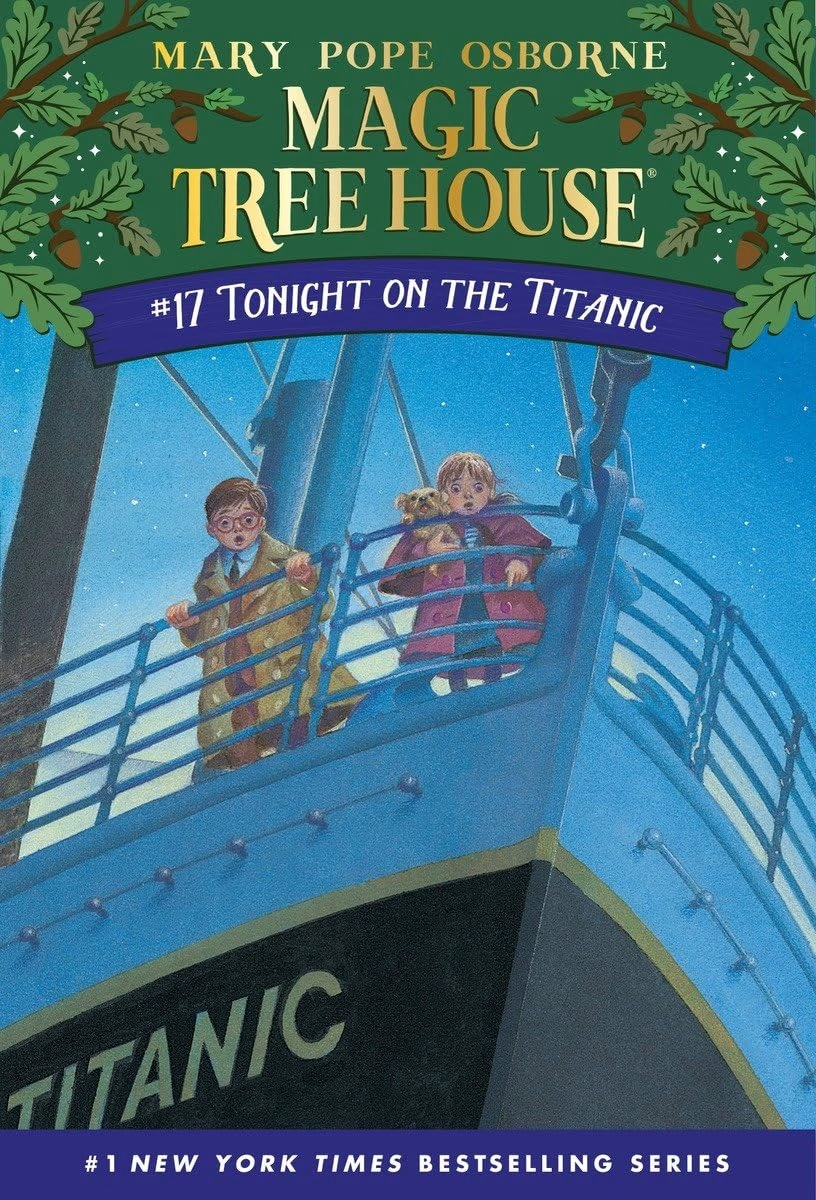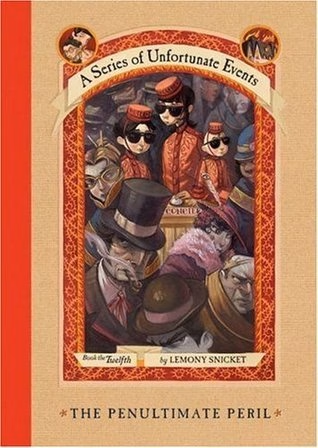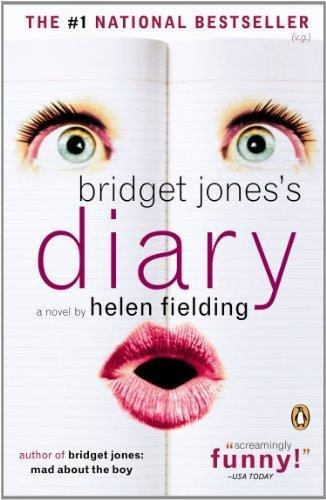Plot Summary
The story chronicles a single day in the life of a young boy named Alexander, from the moment he wakes up until he goes to bed, where a relentless series of minor and major frustrations accumulate into what he deems a “terrible, horrible, no good, very bad day.”
A Bad Morning
Alexander’s day begins poorly from the very first moment.
* He wakes up to find he has fallen asleep with gum in his mouth, and now it is stuck in his hair.
* Getting out of bed, he trips over his skateboard.
* He accidentally drops his sweater into a sink full of running water.
The disappointments continue at the breakfast table. While his brothers, Anthony and Nick, find exciting toys—a Corvette Sting Ray car kit and a Junior Undercover Agent code ring—in their cereal boxes, Alexander finds only cereal. This series of unfortunate events leads him to declare for the first time his desire to escape his problems: “I think I’ll move to Australia.”
The trip to school offers no relief. In the carpool, he is denied a window seat, getting “scrunched” and “smushed” in the middle. His complaint that he will get carsick is ignored by everyone, cementing his feeling that it is going to be a terrible, horrible, no good, very bad day.
A Horrible School Day
Things do not improve at school. Alexander faces a series of setbacks that feel like personal attacks.
* Art Class: His teacher, Mrs. Dickens, praises another student’s drawing of a sailboat over Alexander’s picture of an invisible castle.
* Singing Time: He is told he sings too loudly.
* Counting Time: He is corrected for leaving out the number sixteen.
The most painful blow comes from his best friend, Paul, who announces that Alexander has been demoted. Philip Parker is now his best friend, Albert Moyo is his next best friend, and Alexander is only his third best friend. In a fit of anger, Alexander wishes bad luck upon Paul.
Lunchtime brings yet another comparison where he falls short. While his classmates have desirable desserts like cupcakes, a Hershey bar, and a jelly roll with coconut sprinkles, Alexander discovers his mother forgot to pack him any dessert at all.
A No Good Afternoon
The afternoon is a cascade of mishaps and scoldings. After school, his mother takes the children to the dentist, where Dr. Fields finds a cavity—but only in Alexander’s mouth. When told to come back next week for a filling, Alexander again declares his intention to move to Australia instead.
The journey from the dentist’s office is fraught with further disaster:
1. The elevator door closes on his foot.
2. While waiting for the car, his brother Anthony causes him to fall in a muddy puddle.
3. When he starts crying, his other brother, Nick, calls him a crybaby.
4. He gets into a fight with Nick for the insult, just as his mother returns with the car.
5. His mother scolds him for being muddy and for fighting.
His proclamation that he is having a “terrible, horrible, no good, very bad day” is met with silence. A trip to the shoe store ends in more disappointment when the blue sneakers with red stripes he wants are sold out, and he is forced to buy “plain old white ones,” which he vows never to wear.
The day’s troubles culminate at his father’s office. Despite being told not to, Alexander plays with the copying machine, knocks over books with his elbow, and accidentally calls Australia on the phone. His frustrated father asks that he not be picked up from the office anymore.
A Very Bad Evening and Final Consolation
The evening at home provides no respite. Dinner is lima beans, which he hates. The show on television involves kissing, which he also hates.
His bedtime routine is a final sequence of annoyances:
* His bath is too hot.
* He gets soap in his eyes.
* His favorite marble goes down the drain.
* He is forced to wear his least favorite railroad-train pajamas.
* Nick takes back a pillow he had lent Alexander.
* His Mickey Mouse night-light burns out.
* He bites his tongue.
* Even the family cat chooses to sleep with Anthony instead of him.
Lying in bed, overwhelmed by the complete and utter failure of the day, Alexander reflects on his experience. It is then that his mother offers a simple, comforting piece of wisdom. She acknowledges his feelings and tells him that some days are just like that. In a final, powerful line, she gently punctures his fantasy of escape by adding, “Even in Australia.”
Characters
Alexander
Alexander is the young narrator and protagonist of the story. The entire narrative is filtered through his perspective, immersing the reader in his escalating sense of frustration, injustice, and helplessness. He is a sensitive and observant child who feels every slight and mishap deeply. His day is a series of events that are outside of his control, from the gum in his hair to his friend’s rejection and the sold-out sneakers. His primary coping mechanism is the recurring threat to move to Australia, a place he imagines is a perfect, problem-free paradise. He is not a “bad” child, but his reactions—crying, punching his brother, wishing ill on a friend—are authentic expressions of childhood anger when overwhelmed by a world that seems unfair.
The Family (Mom, Dad, Anthony, and Nick)
Alexander’s family members are not deeply developed characters but instead function as catalysts for his bad day.
* Anthony and Nick: His older brothers represent a source of constant comparison and conflict. They get the better cereal toys, they tease him, and they seem to navigate the world with an ease that eludes Alexander. Their presence highlights the theme of sibling rivalry and the small, personal injustices that feel monumental in childhood.
* Mom: Alexander’s mother is a figure of authority and, ultimately, of comfort. She scolds him for fighting but also provides the story’s key piece of wisdom. Her final words are not dismissive but empathetic, validating his feelings while gently teaching him that bad days are a universal and unavoidable part of life.
* Dad: His father appears briefly and is primarily a source of rules that Alexander inevitably breaks. His frustration adds to Alexander’s feeling of being a disappointment and a nuisance.
Core Themes
The Inevitability and Universality of Bad Days
The central theme is that some days are simply destined to be bad, and this is a universal human experience. Alexander’s day is a litany of small and medium-sized disasters that are largely beyond his control. The story teaches that no one is immune to such days. The final, poignant line, “Even in Australia,” dismantles Alexander’s fantasy of escape and delivers the core message: you cannot run away from the possibility of a bad day because it is a fundamental part of life for everyone, everywhere.
Childhood Frustration and Lack of Control
The story is a powerful depiction of a child’s perspective on a world where he has very little agency. Alexander is constantly told what to do, what not to do, and how he falls short. He can’t get the cereal toy he wants, the window seat he desires, or the sneakers he chooses. His emotional outbursts are a direct result of this profound lack of control. The narrative validates these feelings of helplessness that are a common part of growing up.
The Fantasy of Escape
Alexander’s repeated declaration that he will move to Australia serves as a recurring motif and his primary coping mechanism. Australia is not a real place to him but a symbol of a perfect world, an escape hatch from his immediate misery. It represents the childish belief that problems are tied to a specific location and that a change of scenery can solve everything. The story gently debunks this fantasy, suggesting that true resilience comes from acceptance, not escape.
Plot Devices
First-Person Perspective
The story is told entirely from Alexander’s point of view, using a simple, direct, and confessional “I.” This narrative choice creates an immediate sense of intimacy and empathy. The reader experiences every frustration exactly as Alexander does, without any outside judgment or commentary. This perspective is crucial for making his seemingly minor problems feel significant and his emotional reactions feel justified.
Repetition and Refrain
The titular phrase, “It was a terrible, horrible, no good, very bad day,” is used repeatedly throughout the text. This refrain acts as the story’s backbone, tying the disparate events together and reinforcing the escalating nature of Alexander’s misery. Its rhythmic quality gives the story a lyrical, almost song-like structure, making the litany of complaints both memorable and resonant.
Catalogue of Misfortunes
The plot is structured not around a traditional conflict and resolution but as a catalogue—an ever-growing list of everything that goes wrong. The story builds momentum through simple accumulation. It starts with a small, personal problem (gum in hair) and expands to include social rejection (losing a friend), physical discomfort (a cavity), and familial conflict. This structure effectively mimics the overwhelming feeling of a day where one bad thing seems to trigger another in a relentless chain reaction.





